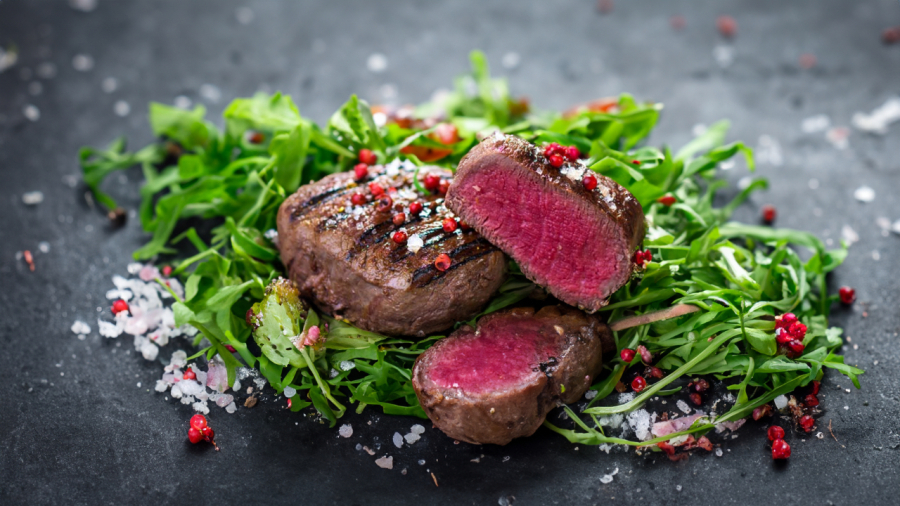Cases where beef should not be consumed
– Children and those with poor digestion
Beef is a nutritious food but it is difficult to digest. After eating, the stomach will take a long time to digest it completely. Therefore, people with poor digestion should not eat beef, and if they do, they should choose beef that has been simmered.
Adults and children should also consume a moderate amount of beef and avoid eating too much in the evening.
– People with dermatological conditions
When consuming beef, the body can produce substances that are not good for the skin. Therefore, people with skin diseases may experience reactions such as heat and itching, making the dermatological conditions worse.
In particular, people with chickenpox should avoid beef. Only when the chickenpox rashes have healed should a small amount of beef be consumed to test the body’s reaction.

– People who have just had appendix surgery
After surgery, the digestive system is still weak and sensitive. Therefore, patients should limit the consumption of hard-to-digest foods such as beef.
Patients should consume foods that are processed into a liquid form, taste less spices, and are easily digestible, such as porridge, soup.
– People with kidney stones
Beef is rich in protein and can increase the amount of oxalate in urine, increasing the risk of kidney stones. Therefore, people with kidney stones should limit their consumption of beef.
– People with high cholesterol, high blood pressure, diabetes
Beef contains saturated fat. Therefore, individuals with high cholesterol, high blood pressure, and diabetes should only consume a moderate amount of beef, avoid consuming fatty portions, and not eat beef in the evening to avoid bloating and indigestion.
– People with inflammation of the joints
People with joint inflammation should avoid consuming high-protein foods such as beef, as it can worsen the condition. The reason is that when consuming beef, the body needs more acid to fully digest the food. In addition, the body uses more calcium to neutralize the acid. When the body uses calcium from the bones for digestion, there is a calcium deficiency in the bones, affecting bone health.
Consuming a lot of beef also increases the risk of developing joint inflammation and gout.
– People with uric acid disorders
Beef belongs to the category of red meat and is not suitable for individuals with uric acid disorders.
Notes when consuming beef

In addition to the above cases, even healthy individuals should consume beef in a reasonable and proper manner to avoid negative impacts on their health.
– Avoid consuming beef too frequently
According to experts, it is not advisable to consume more than 500 grams of cooked red meat per week (including beef). The amount of beef in the diet should be sufficient to provide energy and protein, eating too much can increase cholesterol levels in the blood.
– Cook beef thoroughly
Cooking beef thoroughly before consumption is the best way to prevent the entry of parasites and infection into the body.





































